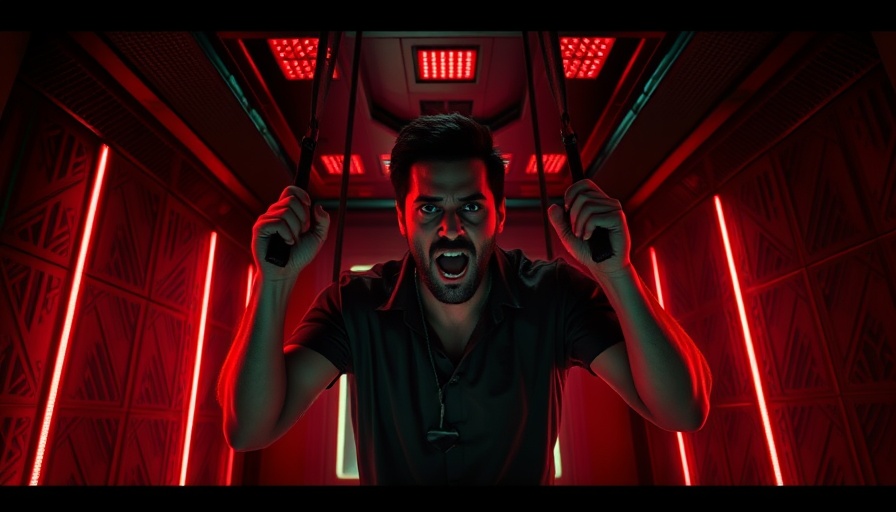
Delving Into the Legacy of The Prisoner
In the 1960s, television was a canvas for radical creativity. Several series, such as The Twilight Zone and Star Trek, boldly explored complex themes and societal critiques. However, no show took risks like The Prisoner. Starring Patrick McGoohan, the series is often seen as a pioneering force in television, igniting discussions about individual freedom versus societal control. But what led to its paradoxical failure to connect with audiences?
A Bold Vision Undermined
McGoohan was not only the star of The Prisoner but also its co-creator, and his vision clashed with the expectations of the network, ITV. Originally, McGoohan wanted a tight story arc with only seven episodes. However, the network's insistence on expanded content led to a series filled with tonal dissonance and bizarre narratives. The contrast created confusion, with episodes ranging from the absurdly comedic to the deeply surreal, making it challenging for audiences to follow a coherent storyline.
The Impact of The Village
The Village, the show's enigmatic prison, stands as an allegory for modern society, encapsulating the themes of surveillance, conformity, and the struggle for personal identity. It highlights how McGoohan perceived the world as increasingly controlling, a belief echoed in today’s debates surrounding privacy and technology. However, many viewers were unprepared for the series' deep subtext, leading to polarizing reactions. Rather than offering resolution, it expanded into philosophical debates, making it daunting for mainstream audiences.
Finale That Left Viewers in Shock
The series culminated in an episode titled “Fall Out,” which plunged into abstract storytelling and left many viewers bewildered. Instead of wrapping up the show’s myriad questions, it presented a psychedelic courtroom trial riddled with metaphors. The finale was so disorienting that it garnered outrage from fans, many of whom found themselves frustrated and confused—emotions that turned McGoohan into a fugitive from his own creation, as he briefly took refuge after the episode aired. This disconnect between the creator’s ambitious vision and audience expectations exemplifies the tension inherent in groundbreaking artistic endeavors.
Why Artistic Integrity Often Meets Resistance
The dilemma McGoohan faced is a familiar one for many creators. When personal expression meets commercial interests, the outcome can lead to a dilution of the original vision. Modern television still navigates this turbulent space, where streaming platforms and networks demand content that caters to broad audiences, often stifling innovative storytelling.
For business owners and creators in today’s landscape, McGoohan's experience serves as a cautionary tale: staying true to one’s vision can lead to artistic brilliance, but it may also invite conflict and misunderstanding. The key lies in finding a balance between the original intent and audience engagement.
Legacy and Continued Relevance
Despite its initial failure, the influence of The Prisoner resonates within contemporary culture. It has inspired numerous discussions about the human condition, the nature of freedom, and the implications of living in an increasingly monitored world. As themes of autonomy versus control become ever more pertinent in our digitized lives, the show’s messages about individuality and resistance grow in relevance.
Lessons for the Modern Creator
The story behind The Prisoner reminds us that meaningful art often comes at a cost. For current creators, maintaining artistic integrity in a landscape often driven by commercial viability is essential. The challenge lies in transforming visionary ideas into formats that can engage a broad audience without compromising the core message. Stay grounded in your themes while finding innovative ways to bridge gaps for viewers or consumers.
Ultimately, while The Prisoner might have faced challenges during its airing, its impact continues to shape artistic narratives today, offering valuable insights into the dynamics of creativity, audience reception, and the struggle for authenticity in a controlled society.
 Add Row
Add Row  Add
Add 




Write A Comment